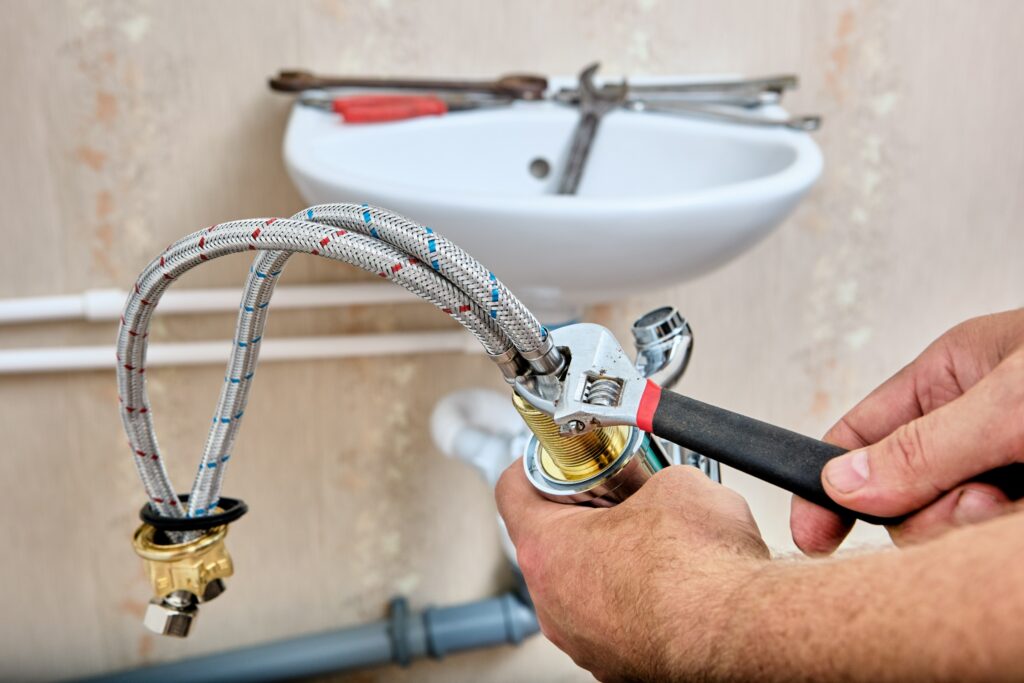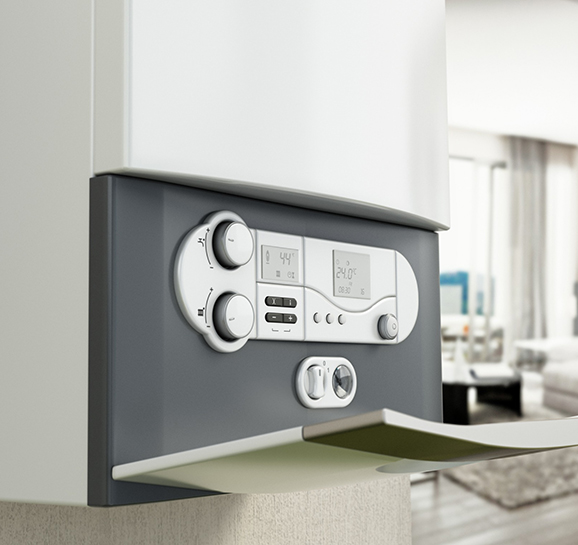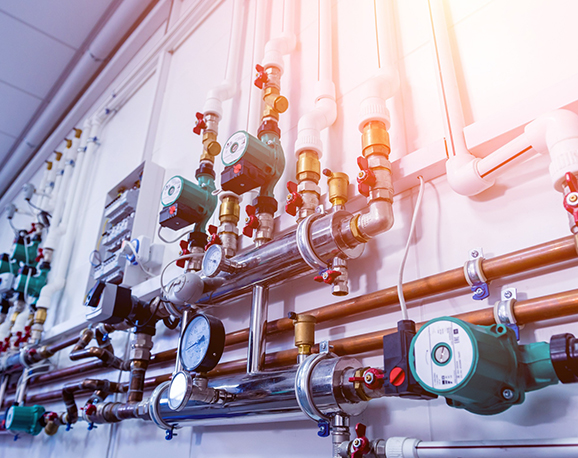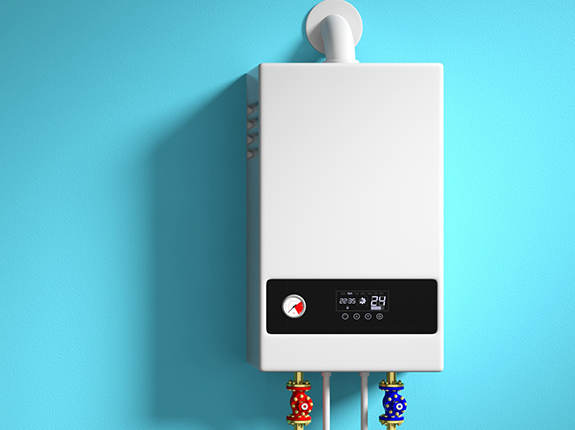Quality Residential Boiler System Installation, Repair, & Selection
Residential heating systems are critical for keeping homes warm and providing hot water, particularly during colder seasons. Therefore, it is crucial to have access to a reliable service for quality residential boiler installation and repair.
A top-notch residential boiler installation, repair, and selection service offer several benefits, including:
Overview of Plumbing Terminologies:
To comprehend the significance of quality residential boiler installation, repair, and selection, it is vital to understand the fundamental terminologies commonly used in the plumbing industry. Some of these terminologies include:
Boiler: An appliance used for heating water or other fluids for heating or hot water purposes.
Flue: A duct or channel that removes exhaust gases from a boiler.
Ventilation: The process of circulating air to provide fresh air for combustion.
Pipework: A network of pipes used for conveying fluids.

Water Faucet Installation
Residential Boiler Selection:
Choosing the right boiler for your home can significantly impact the performance and efficiency of your heating system.
Understanding Your Home’s Heating Needs: It is crucial to consider the size of your property, the number of occupants, the age, and insulation of your home to determine the type of boiler that suits your home.
3 Types of Residential Boilers:
1) Combi boilers:
A combination boiler, commonly known as a combi boiler, is a type of heating system that provides hot water and heating without the need for a separate water tank or cylinder. It heats water directly from the mains supply, ensuring hot water on demand for taps and radiators.
When it comes to installation, it is crucial to hire a qualified professional to ensure safety and reliability. The installation process typically takes 1-2 days, depending on the complexity of the project.
During installation, safety procedures must be followed, such as checking for gas leaks and ensuring adequate ventilation. Proper installation and maintenance can ensure the safe and reliable operation of the combi boiler for many years.
Combi boilers are a popular choice for homeowners, especially in colder climates, due to their energy efficiency, space-saving design, and instant hot water supply. They are ideal for homes with limited space and provide a constant supply of hot water without the need for a separate storage tank.
However, it is essential to consider the hot water demands of the household, as combi boilers may struggle to supply hot water to multiple outlets simultaneously. Regular maintenance, such as cleaning the heat exchanger and checking the boiler pressure, can also help ensure the system’s reliability and longevity.

Combi boilers:
Life expectancy: combi boilers are designed to have a longer lifespan of up to 15 years, thanks to their superior efficiency and reduced occurrence of pressure-related problems.

System boilers:
Life expectancy: For an average household, boilers will last up to 10-15 years.
2) System boilers:
A system boiler is a type of central heating boiler that is designed to work with a hot water storage cylinder, providing a reliable and consistent supply of hot water. Unlike a combi boiler, which heats water on demand, a system boiler heats water and stores it in the cylinder for later use, making it ideal for larger homes or households with high hot water demands.
Safety and reliability are critical factors to consider when installing and maintaining a system boiler. It is essential to hire a qualified professional to install the boiler and ensure that it is working correctly. Regular maintenance and safety checks are also necessary to ensure the safe and reliable operation of the system.
In terms of reliability, a system boiler is known for its durability and long-lasting performance, making it a popular choice for many homeowners. It can deliver hot water to multiple outlets simultaneously, without any loss of pressure or temperature. While it may be slightly less energy-efficient than a combi boiler, it is still an efficient and effective solution for providing heating and hot water to homes. Overall, a system boiler can provide a reliable and consistent supply of hot water for households with high hot water demands. It is crucial to prioritize safety and regular maintenance to ensure the safe and long-lasting operation of the system.
3) Regular boilers:
A regular boiler is a type of central heating system that operates using a separate hot water cylinder and cold water storage tank. The boiler heats water in the cylinder, which is then sent to radiators and taps when needed. The cold water tank supplies water to the system, which is then heated by the boiler and stored in the hot water cylinder.
While regular boilers are suitable for larger homes or those with high hot water demands, it is important to prioritize safety during installation and maintenance. Professional installation and regular maintenance can help ensure the safe and reliable operation of the system. Additionally, regular safety checks, such as checking for gas leaks, can help prevent accidents and ensure that the system is functioning properly.
In terms of reliability, regular boilers are known for their durability and long-lasting performance. They are often chosen by homeowners for their dependable and consistent supply of hot water, as well as their ability to handle high water demands. With proper maintenance and care, a regular boiler can provide reliable heating and hot water for many years.

Regular boilers:
Life expectancy: Generally speaking, the average lifespan of many boilers is around 15 years, but it can actually last 30 years.
3 Boilers Quality Factors to Consider:
Some of the factors to consider when selecting a residential boiler include:
Energy Efficiency:
Energy efficiency is a critical consideration when selecting a residential boiler, and it is recommended to choose boilers with high AFUE ratings.
Boiler Brand and Reliability:
It is advisable to opt for a reputable brand with a history of producing quality boilers that last long.
Cost:
Although the cost of a boiler is a crucial factor, it should not be the sole determinant when selecting a boiler. It is essential to consider the long-term savings and benefits.
Residential Boiler Installation:
To ensure safety, efficiency, and durability, it is crucial to have a professional with expertise in residential boiler installation handle the complex process. One of the key steps involved in high-quality installation is determining the ideal location and placement for the boiler. This includes ensuring that it is easily accessible, well-ventilated, and situated away from any combustible materials.
Bear Creek Plumbing is happy to evaluate your current system and help you choose the right upgrade if necessary or at the very least update your current system for maximum efficiencies. Evaluations are always FREE. Contact Us Today!
